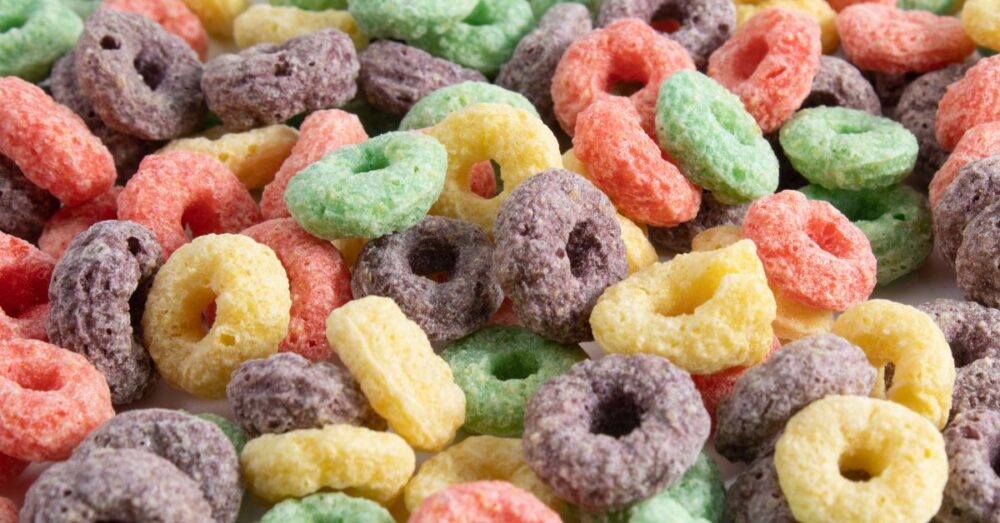A new study has found that an alarming number of preventable deaths in the United States are linked to the consumption of ultra-processed foods (UPFs).
The study concluded that for every 10% increase in UPF consumption, a person’s risk of mortality from all causes increased by 2.7%. In the U.S., this works out to over 124,000 preventable deaths annually.
“UPFs affect health beyond the individual impact of high content of critical nutrients (sodium, trans fats, and sugar) because of the changes in the foods during industrial processing and the use of artificial ingredients, including colorants, artificial flavors and sweeteners, emulsifiers, and many other additives and processing aids, so assessing deaths from all-causes associated with UPF consumption allows an overall estimate of the effect of industrial food processing on health,” said the study’s lead investigator, Eduardo Augusto Fernandes Nilson, DSc, Oswaldo Cruz Foundation (Fiocruz), Brazil, in an April 28 news release.
The researchers looked at data from eight countries, including the United States, though the years compared differed. UPF consumption among the countries studied varied widely.
At the low end, Colombia and Brazil were found to source less than 20% of their daily calories from UPFs. At the other end of the spectrum, UPFs comprised more than 50% of the total energy intake in the United States and the United Kingdom.
In the latter group, the researchers identified the highest number of premature deaths associated with UPFs.
Christopher Gardner, PhD, a nutrition scientist and professor of medicine at Stanford University, said to Healthline, “Even in a country where only 15% of the food being sold was UPF, those consuming the most vs. the least had detectably different rates of mortality.”
While the exact definition of UPFs remains blurry, they are typically industrial food products that have been altered and contain additives, such as colorings, emulsifiers, sweeteners, and other ingredients, to make them more appealing.
The FDA recently announced bans on certain food dyes and added warnings about sugar content in processed foods. The move comes after the U.S. Department of Health and Human Services, led by Robert F. Kennedy Jr., to push for more regulation of synthetic dyes.


